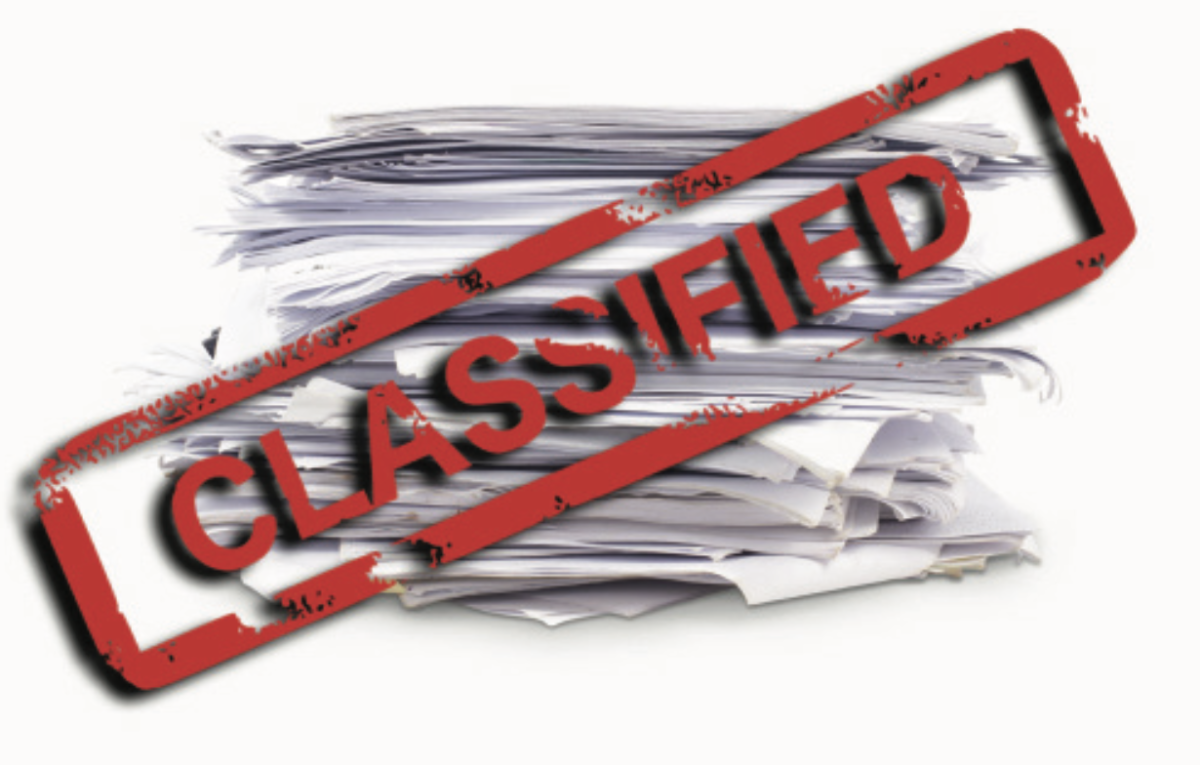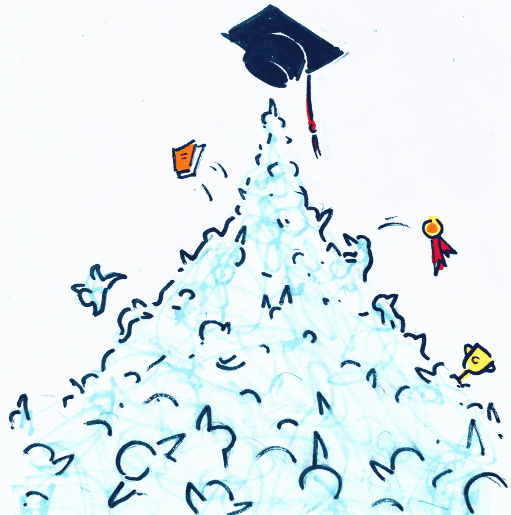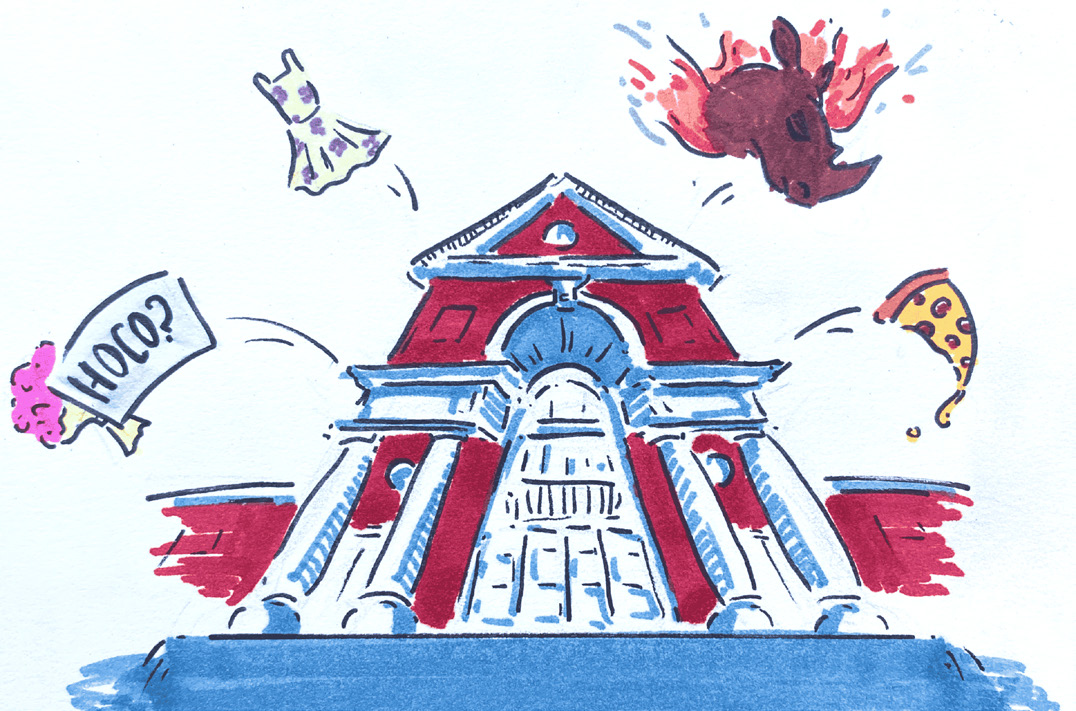Trump, Biden, Pence. The list of politicians who have found themselves mired in scandal for improperly storing classified documents seems to grow by the day. But, these scandals could be avoided by declassifying the documents.
On November 2, President Biden’s lawyers found a small number of classified documents from his time as vice president in the closet of his 2020 presidential campaign office . As a result, the Justice Department immediately launched an inquiry. A month and a half later, more classified documents were found in President Biden’s garage at his home in Wilmington, Delaware. This past weekend, an additional six documents surfaced in the president’s home.
President Biden is not the first president or vice president exposed for keeping confidential documents in a residence. Last year, the FBI raided Former President Trump’s Florida residence Mar-A-Lago and found over 13,000 classified papers. Recently, about a dozen confidential documents were obtained from former Vice President Mike Pence’s Indiana home. The discovery followed a November interview in which the former Vice President claimed to not have any classified documents. Between the three of them, each has a unique situation. However, all three expose an issue with the way classified information is handled by former U.S. government employees.
Before the 1970s, presidents and vice presidents had complete control over all classified documents and presidential records. Some kept them, some destroyed them, and some even endowed them to family members. It was not until the Presidential Records Act of 1978 that records became government property. The act states, “The United States shall reserve and retain complete ownership, possession, and control of Presidential records; and such records shall be administered in accordance with the provisions of this chapter.” So, with a statute of such clarity, why have there been so many incidents surrounding classified documents in recent years? This answer is over-classification.
Over 50 million documents are classified every year. As the number of papers branded “classified” increases, it becomes harder for the public to hold the government accountable because they do not have access to the information. Most of the time, when documents later become declassified and open to the public, it turns out that the information in the documents was not significant and there was no reason to withhold the contents for so long. This is because the process that deems documents classified in the first place is purely subjective. On top of this, there is not enough information substantial enough to objectively require classification to fill 50 million documents. Documents are carelessly classified but because of the connotation associated with classified documents, the American people automatically assume it is substantial since they do not know the information the document contains.
So, when they hear that their president is irresponsibly keeping the information in his garage, they lose trust. For all they know, the documents in Biden’s garage are copies of emails about what he ate for breakfast that day. But until the information in these documents is specified, there will be people demanding his resignation.
The U.S. government should take the news of these documents as a warning. There is already a great deal of distrust in the government. This is due to the highly partisan political climate in America: in the past few years, the country has witnessed several historical events, such as the January 6 insurrection and the 2023 House speaker election.
Though we do not yet know the contents of President Biden and Mr. Pence’s papers, nor how the documents ended up in their possession, the most likely scenario is that they were put there inadvertently, and the information in them is, or should become, public domain. If this is the case, this scandal could ultimately be insignificant and has wasted time and distracted from more important issues. If the government witheld less information by stopping overclassification, chances are, we would not have gotten to this place.






